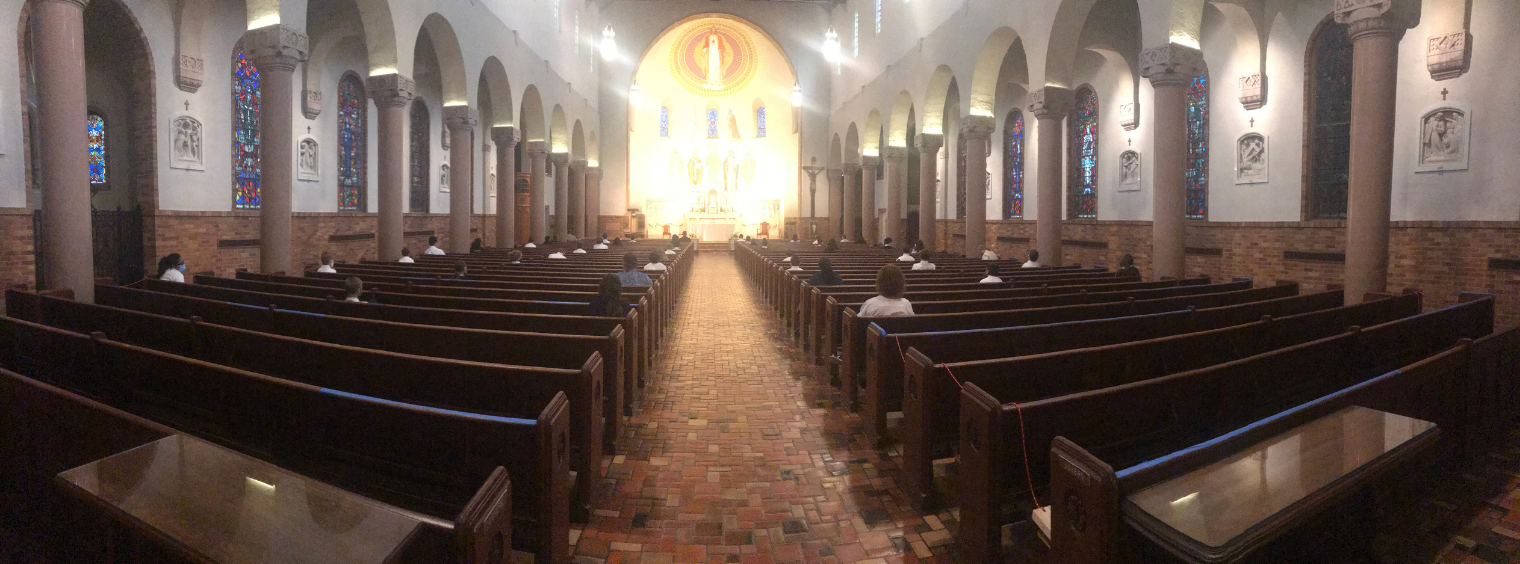

The work of catechesis is the task of forming a disciple of our Lord, Jesus Christ. For young people who have been brought to the Lord through baptism in their early years, this means a process of formation that accompanies them as they mature, both physically and spiritually.  Programs of catechesis address the nature and demands of the Christian life. We find this special life of discipleship in the teaching of the Church, the sacraments, the moral life, our spiritual life and the wholesome integration of these diverse elements of faith by the person who believes in Christ. One of the key elements of that formation is the proper understanding of how we live out the virtue of chastity.
Programs of catechesis address the nature and demands of the Christian life. We find this special life of discipleship in the teaching of the Church, the sacraments, the moral life, our spiritual life and the wholesome integration of these diverse elements of faith by the person who believes in Christ. One of the key elements of that formation is the proper understanding of how we live out the virtue of chastity.
The virtue of chastity is how we, as disciples, integrate the understanding of our faith and life, most especially in the areas that involve human sexuality. Young people will, at the appropriate time, need to understand the intricacies of the workings of the human body, as well as the moral and spiritual imperatives that flow from the teachings of Christ and a correct understanding of the natural moral law. This program is intended to help meet these needs in keeping with the mind of the Church. In 1995, the Pontifical Council for the Family issued a document entitled, “The Truth and Meaning of Human Sexuality.” This document offers guidance on how the question of forming young people in these critical, yet sensitive areas of human sexuality, should be addressed. At the very heart of this document is the understanding that parents are the primary teachers of their children. This is especially true in the formation of children for a life of healthy and holy chastity. The questions around human sexuality require a certain maturity and development on the part of the child for a proper and healthy understanding. Those best situated to know their children and what they need are the very ones who have given them life and nurture them on a daily basis. The document specifically notes a concern for the “years of innocence,” as Pope John Paul II refers to them. These are the years generally from the age of five to the onset of puberty. Children at this time are generally not overtly interested in sexual matters, and this natural innocence should not be disturbed. Parents are best situated to monitor the needs of their child at this stage of his or her life, and are able to provide appropriate and sufficient information for their healthy development and their safety, without going into great details that may not be age appropriate.
